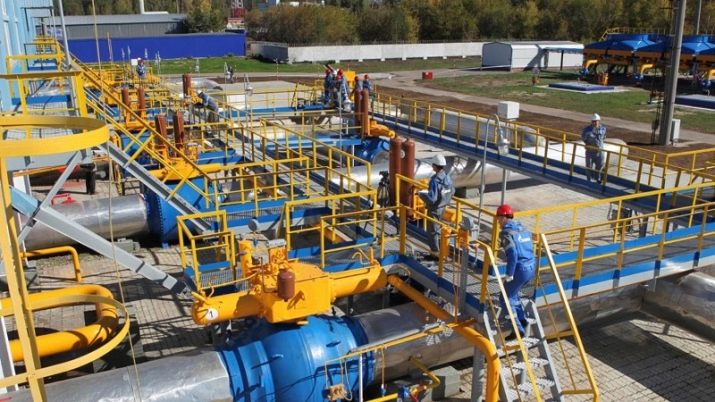All about the profession of a pump operator
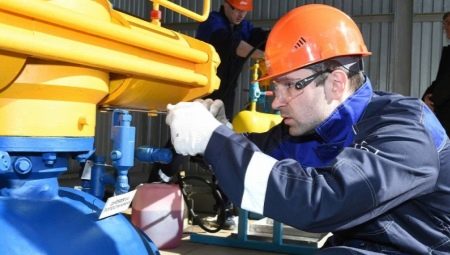
Various production processes involve the movement of liquid substances, directed through pipelines to the tank using pumping units. In order for the pumping equipment to function smoothly, a specially trained worker is required who will monitor this process and, if necessary, will be able to prevent an emergency situation in a timely manner.
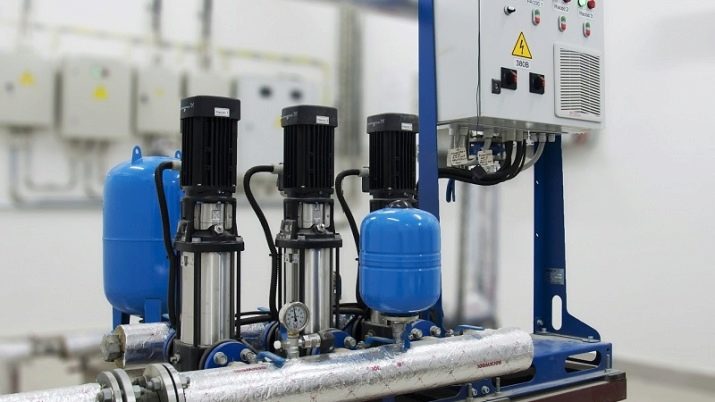
Peculiarities
Pumping station operator is a specialist whose profession is related to the functioning of various systems. In the course of his work, he needs to take into account the data of control and measuring sensors and instruments in order to maintain the pumping equipment in working order. Most industrial facilities are equipped with automated pumping units, for their service to the driver knowledge and skills will be required with such systems. In the event of an emergency, the driver must take timely measures, which consist in stopping the supply of liquid substances. Or their mode of movement changes.
To fulfill his job duties, a pump operator must understand the design features of pumping units, be able to detect malfunctions and, within the framework of their competence, eliminate them, and if this is not possible, then the specialist's duties include an emergency message to the higher management about the presence of an emergency. Before starting work, the driver is required to briefing on the rules of work on the pumping unit and safety... The briefing is repeated every year.If, during the examination of knowledge, the specialist does not meet the established requirements, he will be suspended from work. He will be able to work independently only after increasing the level of his competence.
In addition to briefing, admission to work also implies medical examination - the employee undergoes a medical examination before hiring and then, annually, according to the schedule established by the employer.
Examinations are carried out for the presence of medical contraindications for performing work in the specialty "pump operator", since the work of this worker is associated with vibration, loud noise and heavy stress on the joints.
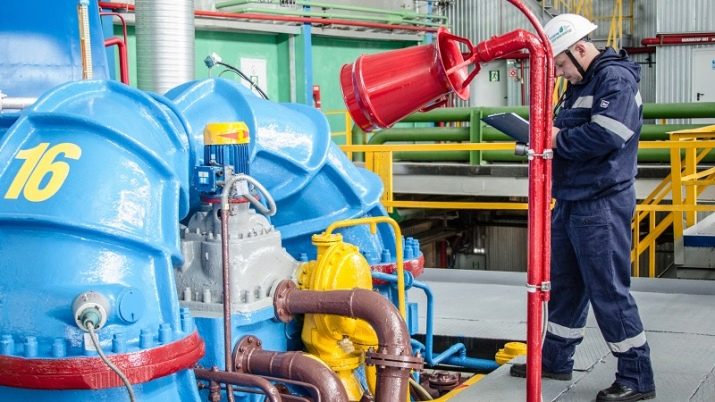
Responsibilities
On the territory of Russia, there is a single reference book, where tariffs are indicated, as well as standards for working professions (ETKS), according to which for the specialty of a pumping unit operator the degrees of their qualifications are provided from 2 to 6 categories... On the basis of the ETKS, which is updated every year, all enterprises and organizations where there are such employees in their staff update their job descriptions, bringing them in accordance with the norms of the current legislation.
The productivity of pumping stations is different, and the higher it is, the more serious requirements are imposed on the qualifications of the specialists serving it. The employee's salary also depends on the level of the category. The lowest paid qualification is level 2. Such a specialist is allowed to work on the installation, the total flow of which does not exceed 1000 cubic meters. / m3 per hour, but if we are talking about gas or oil products, then the feed level is permissible up to 100 cubic meters. / m3.
Installations with a higher productivity from 1000 to 3000 cubic meters. / m3 serviced by drivers 3 digits... For work with a delivery volume from 3000 to 10000 cubic meters. / m3 qualification required 4 digits, and for feeding from 10,000 to 15,000 cubic meters. / m3 the driver must have 5th category. Qualification 6 category allows work on installations with a supply of more than 15,000 cubic meters. / m3 per hour.
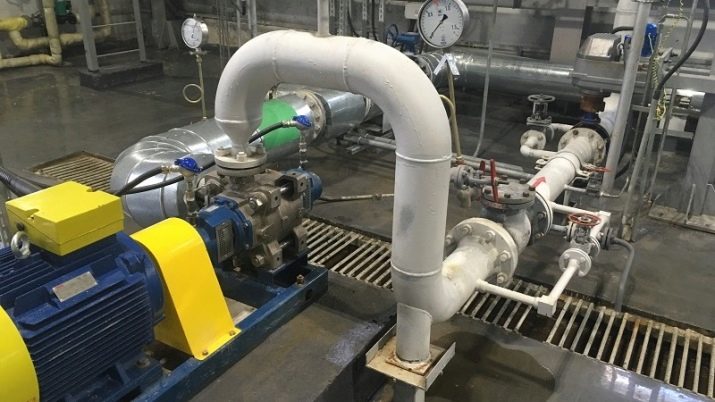
In total, the pump operator must perform the following duties:
- performance at industrial sites, water intakes, construction sites, as well as in the field of maintenance of pumping equipment with the elimination of failures and shortcomings;
- control over the operation of vacuum pumping units, as well as their maintenance;
- commissioning and shutdown of the system;
- control over the maintenance of the set pressure parameters in the pumping system;
- ensuring the operation of the system without interruptions along the entire length of the serviced working section of the pipeline;
- repair and maintenance of electrical installations, control over the load of electrical equipment;
- accounting and reporting on the operation of the pumping unit;
- participation in the current and major overhaul of the installation.
To perform work independently, a specialist must have certain practical experience.
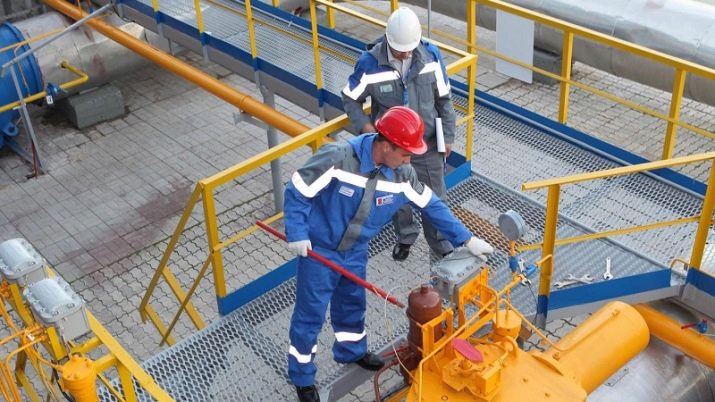
Knowledge and skills
From a pumping equipment maintenance specialist, not only practical skills are required, but also theoretical knowledge. Driver must know the physical and chemical properties of the productthat is pumped through the system and also possess knowledge in the field of electrical work. In addition, to service the system, you need to understand the used machine oils, know the principle of operation of the pump, engine, and the device of measuring equipment.
Since the duties of the driver include repair and commissioning of equipment, he must have the skills to work with pumps of different designs, know the schemes of any communications, the maximum loads that the equipment can withstand, and also be able to quickly eliminate emergency breakdowns of equipment. The work of a driver at a pumping station requires compliance with labor safety and fire protection measures... Every employee of the installation must know and be able to take emergency measures in the event of dangerous situations. A competent and experienced specialist must also have a certain temperament: attention to detail, accuracy, a high level of responsibility and discipline.
A responsibility
An employee of a pumping unit in his work must be guided by a local document called "Job description", which clearly articulates his responsibilities. If these duties are not performed or work is performed improperly, as well as for violation of labor discipline, labor protection and fire safety requirements, the employee is personally liable in accordance with the norms of the current labor legislation. In case of material damage or damage to the business reputation of the organization in which he carries out his labor activity, the pump operator may be punished under labor, administrative, civil or criminal law.

Education
To work as a pumping unit operator, you must have a secondary technical vocational education. You can get it in 2 ways.
- After finishing 9 or 11 grades go to a college or technical school with a technical bias, where they are trained for the relevant specialty. The term of study will be 2 years after the end of 11 classes and 4 years after the completion of 9 classes of schooling.
- Having basic technical secondary vocational education, you can get additional specialization in specialized courses in accredited training institutions. The term of study in such training centers is on average 1 year. It is possible that this period will be even less, depending on the volume of the course program and the study hours allocated for it.
Ready-made specialists can also undergo training in order to improve their qualifications and improve their grade. In the course of their work, pump operators are required to improve their qualifications every 5 years. The learning process can be full-time, part-time or part-time, when electronic methods of distance educational process are used. After completing the training course, the student is issued a certificate of obtaining the profession of a pumping system and installation operator with the assignment of the appropriate category.
This document, based on the Law of the Russian Federation on Education No. 273 of December 29, 2012 (Article 60, Clause 11), gives the right to carry out professional activities.

Where does it work?
A specialist servicing process pumps and compressors, as well as pumping stations, can be in demand in the following economic and industrial areas:
- Agriculture;
- gas and oil industry;
- industrial water intake;
- construction sites;
- operation and maintenance of water heating plants, boilers, pipelines, heating systems, steam collectors, deaerators;
- beneficiation and coal mining enterprises;
- production shop for shipment of liquid finished products.
The salary of a specialist depends on the scale of production, the qualifications of a specialist and the volume of pumping unit productivity. Often, pumping stations are located in unfavorable climatic regions, for example, in the Far North. In this case, the employee receives a wage supplement and certain benefits.
The minimum wage rates range from 30 to 35,000 rubles. Mid-level specialists earn from 40 to 60,000 rubles. The maximum earnings of experienced specialists can reach from 60 to 100,000 rubles.
